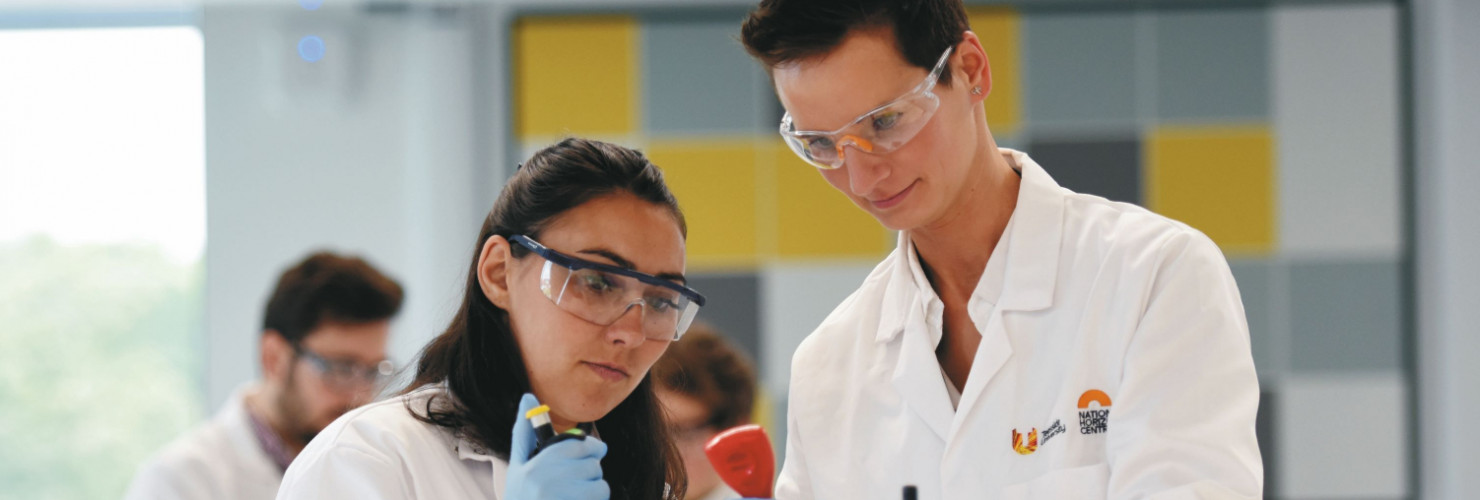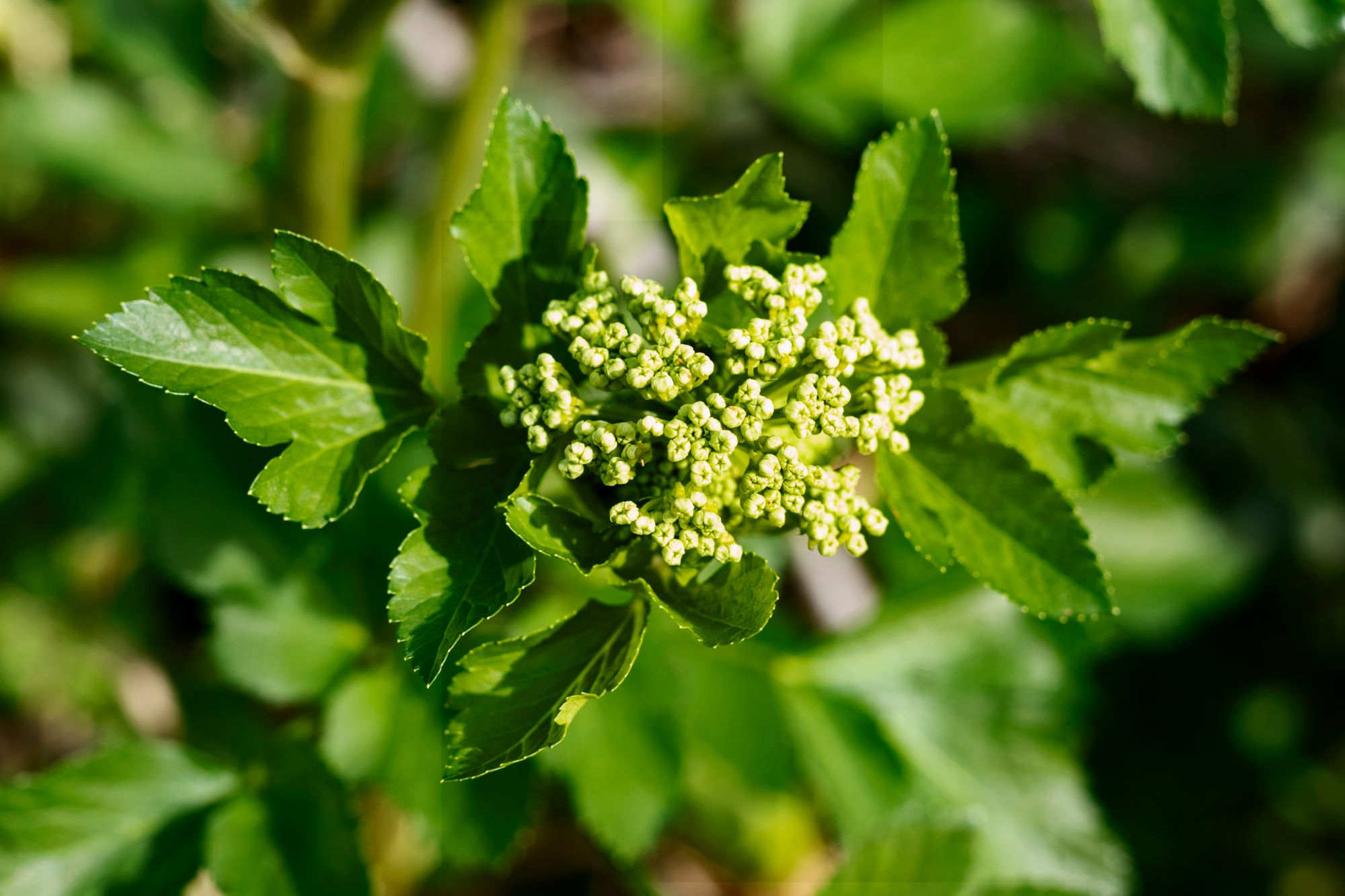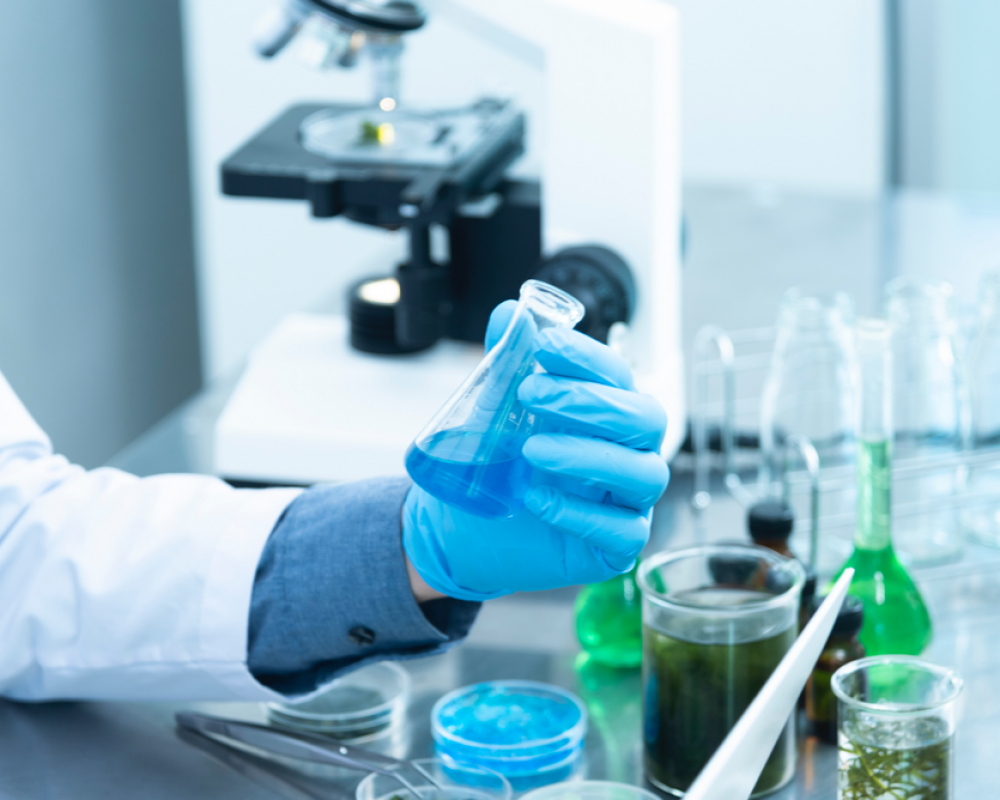
Driving new research partnerships through the Proof of Concept funding scheme
The THYME project has brought together academics from the universities of York, Teesside and Hull to collaborate for the first time. Proof-of-concept (POC) grants offered up to £50K for them to work with each other and with an industrial partner for up to a year on research to help advance the bioeconomy.
20 projects funded
Encouraging new research connections A series of THYME inter-university networking events enabled researchers to meet, identify areas of complementarity and form new research partnerships. These partnerships were also supported with funding for placements or short visits. The partners could then apply jointly for THYME POC funding. Twenty projects were funded, covering a wide range of research topics. Three of the projects are highlighted below.
1. Nano-materials from pea growing waste
After harvesting the pea crop, some pea waste is used as a soil fertiliser but much of it is discarded. The THYME researchers see this waste as a treasure trove of useful chemicals. They have been converting pea stalks and pods into nanomaterials that can be used to clean waste water. They are also extracting lipids, waxes, and pectins from the pea waste for use in food, home and personal care products.
Sharif Zein (University of Hull), Avtar Matharu (University of York), M Meadley & Sons.
2. Increasing the productivity of bio-based protein production
Proteins for use in pharmaceutical and other products can be produced by microbial fermentation in bioreactors. Currently, the formation of protein aggregates (inclusion bodies) during this process is avoided as problematic. This project is investigating using inclusion bodies as an essential part of the process, to achieve higher protein yields, higher purity and reduce downstream processing costs. The project will yield data directly relevant to the commercial production of proteins at biotech company Fujifilm Diosynth.
Muhammad Safwan Akram (Teesside University), Gavin Thomas (University of York), Fujifilm Diosynth Biotechnologie
Muhammad Safwan Akram said:
I knew how good Gavin’s work at York was, this scheme opened doors and gave us the opportunity to work together.
3. A new food ingredient from Alexanders (horse parsley)
Oil can be extracted from the seeds of the Alexander plant and has potential as a replacement for butter and other solid fats to create low saturated fat, dairy-free products. The THYME scientists have developed methods for extracting and refining the oil. They have tested its properties and investigated the regulatory requirements for commercialisation. In this way, they have provided the foundations for developing this under exploited native, UK crop as a healthy food source.
Raymond Sloan (Biorenewables Development Centre), Jibin He (Teesside University), Naturiol Bangor, New Holland Extraction

A long-term legacy
Many of these projects are leading to long term research partnerships and plans for bigger projects. THYME, working with Innovate UK, provided a follow-on funding workshop to help foster these ambitions. The innovations kick-started by the POC projects will not only help to boost economic growth but they also pave the way to a more sustainable future where industry uses renewable sources of raw materials, such as plants and microbes, rather than petrochemicals.
Almost £1 million of funding allocated
72 research partnerships catalysed
206 academics at 6 networking events
For more information please visit: www.thyme.biovale.org

The THYME project is supported by Research England's Connecting Capabilities Fund.
The THYME project was completed in June 2022.
